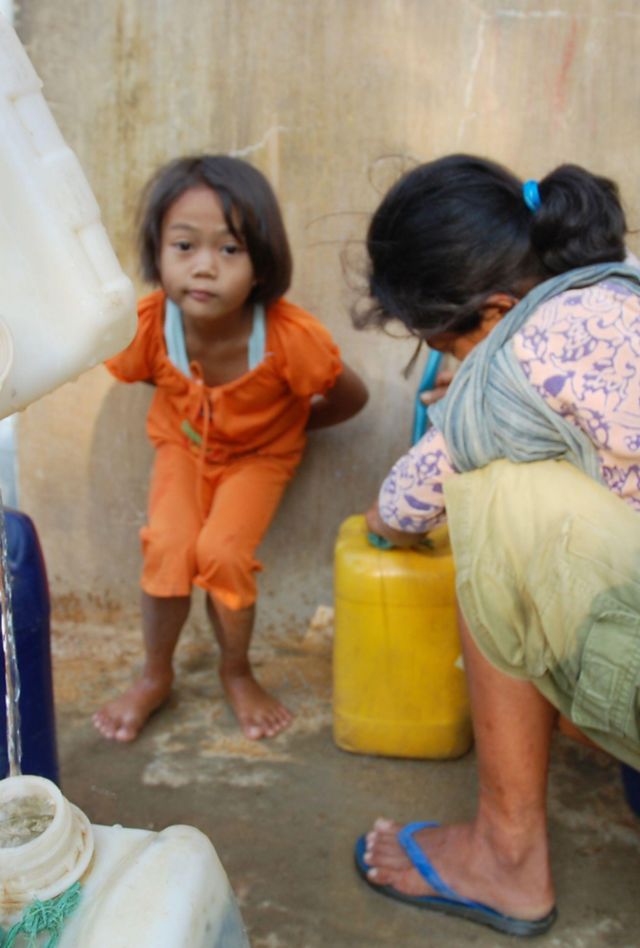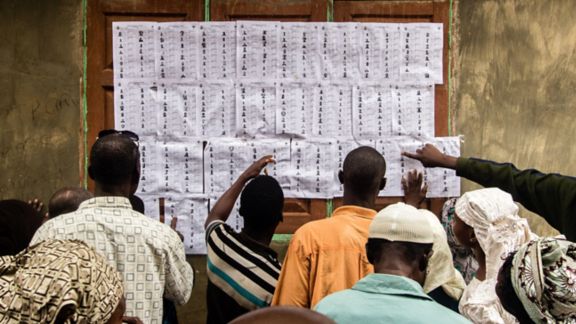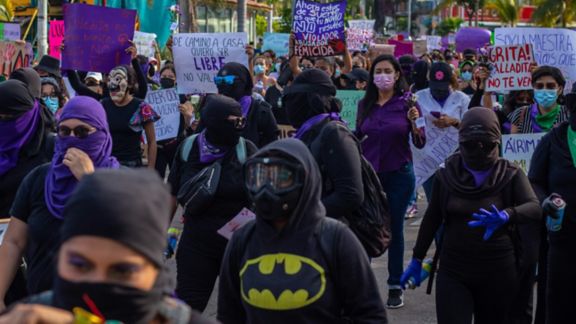Impact Evaluation of the IUWASH Tangguh Activity

Problem
Indonesia lacks universal access to climate-resilient, safely managed water services.
Indonesia aspires to achieve 100% access to safely managed drinking water for all its citizens by 2030. This means that all Indonesian citizens should have an improved source of water that is on premises, available in sufficient quantities when needed, and safe to drink. Though Indonesia has progressed considerably toward this goal in recent years, it still has particular challenges in urban areas getting households to connect to piped water service providers and ensuring water quality, which the Ministry of Health estimated is unsafe for about 70% of households. Additionally, Indonesia aspires for drinking water to be affordable for all its citizens - reliable, and sufficient to meet all their needs - not just basic needs like drinking, cooking, cleaning, and sanitation.
While Indonesia aspires to supply more and more households with safely managed drinking water, it is also contending with pressures from population growth, urbanization, and climate change that strain the quantity and quality of bulk water available to its cities and peri-urban areas. City-level water service providers must ensure that their services are resilient to hazards posed by these threats, particularly by ensuring that they identify, understand, and take avoiding or mitigating actions in response to the most likely and severe risks that these hazards present to their water supply. Failing to do so would threaten the sustainability of any advances they manage to make towards achieving universal access to safely managed water.
Solution
Study and scale promising approaches to promote resilient urban water security.
The U.S. Agency for International Development’s (USAID) Indonesia Urban Water, Sanitation, and Hygiene (IUWASH) Tangguh activity is the latest iteration of a flagship program partnering with the Government of Indonesia to achieve its goals for safely managed drinking water and sanitation services. USAID commissioned an impact evaluation to generate recommendations to improve the Activity’s effectiveness, identify lessons learned for similar future programming, and assess the feasibility of scaling the Activity up to additional geographic regions and populations.
NORC’s impact evaluation is implemented within the broader scope of the USAID Urban Resilience by Building partnerships and Applying New evidence in WASH (URBAN WASH) activity, implemented by Tetra Tech ARD. We collect direct evidence on five dimensions of household water security (access, reliability, quantity, affordability, and quality) through household surveys and water quality testing and combine these into an index to holistically assess changes in household water security over the activity period of performance. We additionally interview utility and local government staff and review city-wide water service strategic planning documents to assess improvements in risk identification, risk understanding, risk mitigation and avoidance, and other metrics related to resilience.
Result
NORC’s baseline study documents gaps in resilient water security.
NORC’s baseline study found that 72 percent of households in IUWASH Tangguh’s community intervention areas fell short of at least one Government of Indonesia (GOI) standard for water services. Affordability and quality were the most common shortcomings, with 39 percent of sampled households demonstrating drinking water contaminated with E. coli. We also found that many cities and districts in Indonesia lacked strategic plans to promote the resilience of their water services.
NORC collaborated with USAID, IUWASH Tangguh, and the GOI to integrate these findings into a refined approach to improve resilient water security over the activity’s period of performance. The endline study, scheduled for 2026, will identify changes in household water security and city-wide water service resilience attributable to IUWASH Tangguh and inform decisions on whether and how to scale IUWASH Tangguh’s approach to achieve 100% access to resilient, safely managed drinking water in urban areas of Indonesia.
Related Tags
Project Leads
-
Clifford Zinnes
Senior FellowPrincipal Investigator







